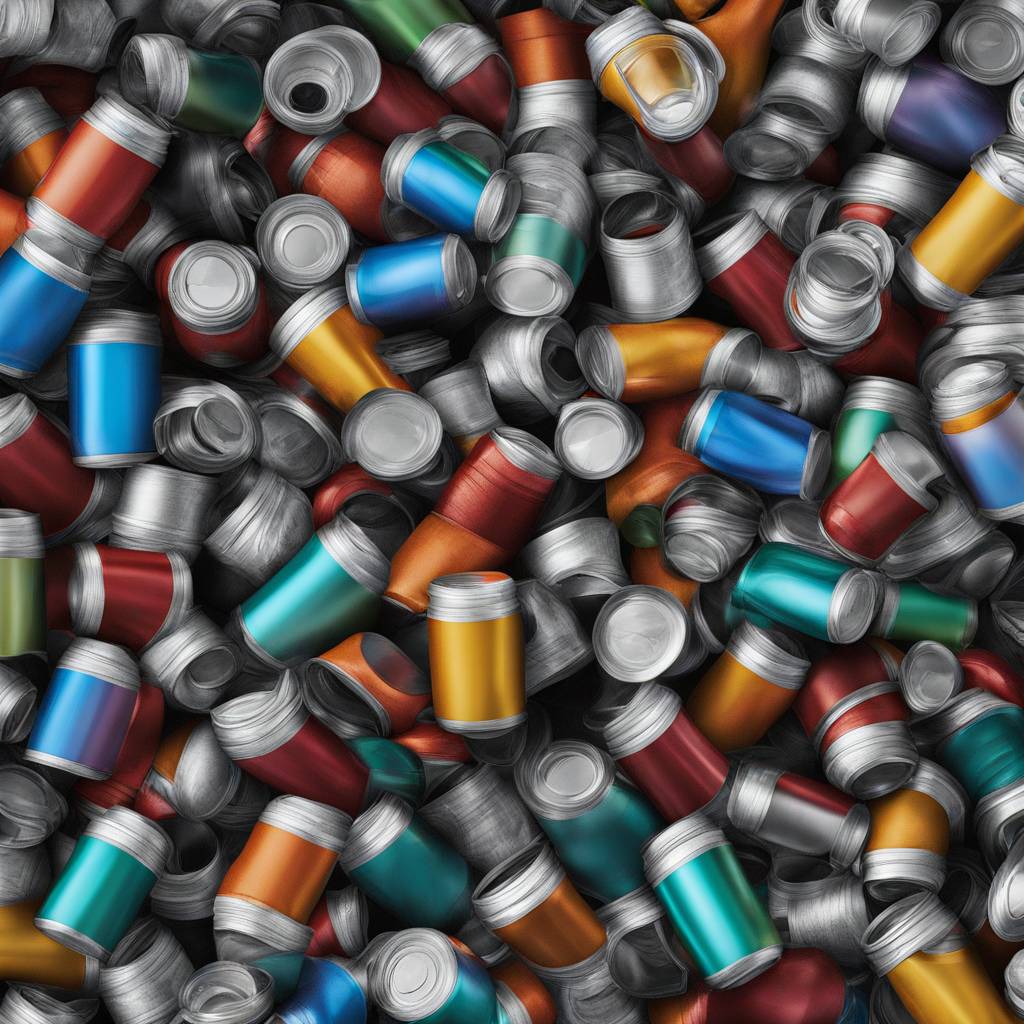Smart cameras and artificial intelligence technology have been successful in reducing contamination in curbside recycling bins in the Kelowna, B.C., area by 23 per cent, according to Central Okanagan Regional District staff. The new truck-mounted smart cameras use AI-based visual recognition and GPS to identify and track unaccepted items such as plastic bags, garbage, yard waste, and styrofoam. This technology allows residents to receive real-time alerts about items that should not be placed in the recycling bin. The pilot project ran for five months and involved a partnership between the Regional District of Central Okanagan, member municipalities, Recycle BC, Environmental 360 Solutions, and Prairie Robotics. The cost of implementing the technology on four recycling trucks was $68,000, with half of the funding provided by Recycle BC.
In addition to the 23 per cent reduction in contaminants, the report also found that most Central Okanagan residents understand what should be placed in the blue bin. Nearly half of all residents are recycling correctly, with 35.6 per cent of residents changing their behavior after receiving a warning postcard. However, 6.7 per cent of households are considered “repeat offenders” and are responsible for a third of the recycling contamination. The top three contaminants identified during the pilot project were flexible plastics, styrofoam, and garbage. The RDCO’s supervisor of solid waste services, Cynthia Coates, highlighted that the technology can reach more homes than manual inspections and provide targeted education where it is most needed.
Moving forward, the pilot data will be used to help waste ambassadors target high-contamination areas with physical cart checking. Coates emphasized that while a significant percentage of residents are recycling correctly, personalized feedback based on their actual recycling habits can help improve the quality of recycling. This direct approach to recycling education aims to reduce contamination in the recycling stream and ensure that residents are properly sorting their waste. The success of the pilot project demonstrates the potential of technology in improving recycling practices and creating a more sustainable waste management system in the Kelowna area.
The implementation of smart cameras and artificial intelligence technology has shown promising results in reducing recycling contamination in the Kelowna area. By using visual recognition and GPS, the technology can identify and track unaccepted items, alerting residents in real-time about incorrect recycling practices. The pilot project, conducted in partnership with various organizations, has not only reduced contamination by 23 per cent but also improved residents’ understanding of proper recycling practices. Despite the positive outcomes, there are still households considered “repeat offenders” who contribute significantly to recycling contamination, highlighting the need for targeted education and enforcement measures.
The top contaminants identified during the pilot project include flexible plastics, styrofoam, and garbage, which are not suitable for curbside recycling. The technology has the potential to reach more homes than manual inspections, allowing for targeted education and feedback to improve recycling habits. Moving forward, the data collected from the pilot will help waste ambassadors identify high-contamination areas and provide personalized feedback to residents. This direct approach to recycling education aims to enhance the quality of recycling and reduce contamination in the recycling stream. The success of the pilot project underscores the importance of leveraging technology to improve waste management practices and create a more sustainable environment in the Kelowna area.













